AAA publishers failed the horror genre, but that's fine: it belongs to the indies now
And horror games have never been better.
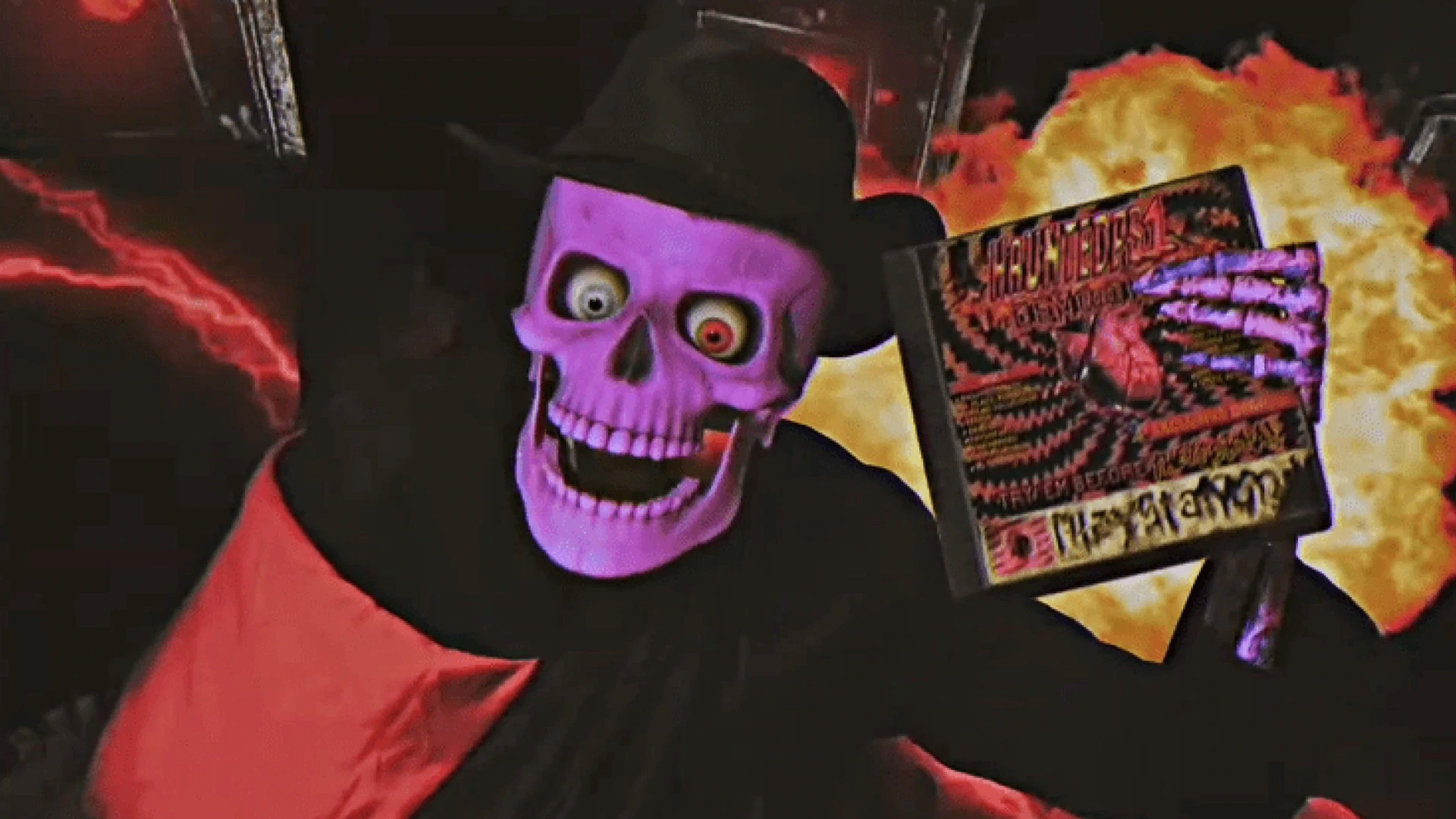
If you want to play interesting, exciting horror games that push the boundaries of the genre, you won't find them in the mainstream. Established series like Resident Evil aside, horror has never really been a big seller for AAA publishers. And now, in a time when these companies are more risk averse than ever, horror games have been all but abandoned. I mean, it's hard to make a service shooter or an icon-strewn open world in the horror genre. But here's the thing: it doesn't matter. Horror has outgrown the major publishers. It belongs to indie developers now. And in the creative wellspring that is the indie scene, horror games are more thrilling, provocative, and subversive than ever before—and are being created by a much wider variety of people.
Interactivity sets horror games apart from other mediums, and some of the best examples of the genre take advantage of the fact that you are intimately connected to them with a keyboard, mouse, or controller. Duskers by Misfits Attic is a game about piloting drones into derelict spaceships, with an ominous atmosphere straight out of a '70s sci-fi. But what makes it really special is how the action is viewed exclusively through a computer screen, like something you'd find on the bridge of the Nostromo. It's one of the scariest games I've ever played, even though all you see is a blueprint on a fuzzy CRT monitor.
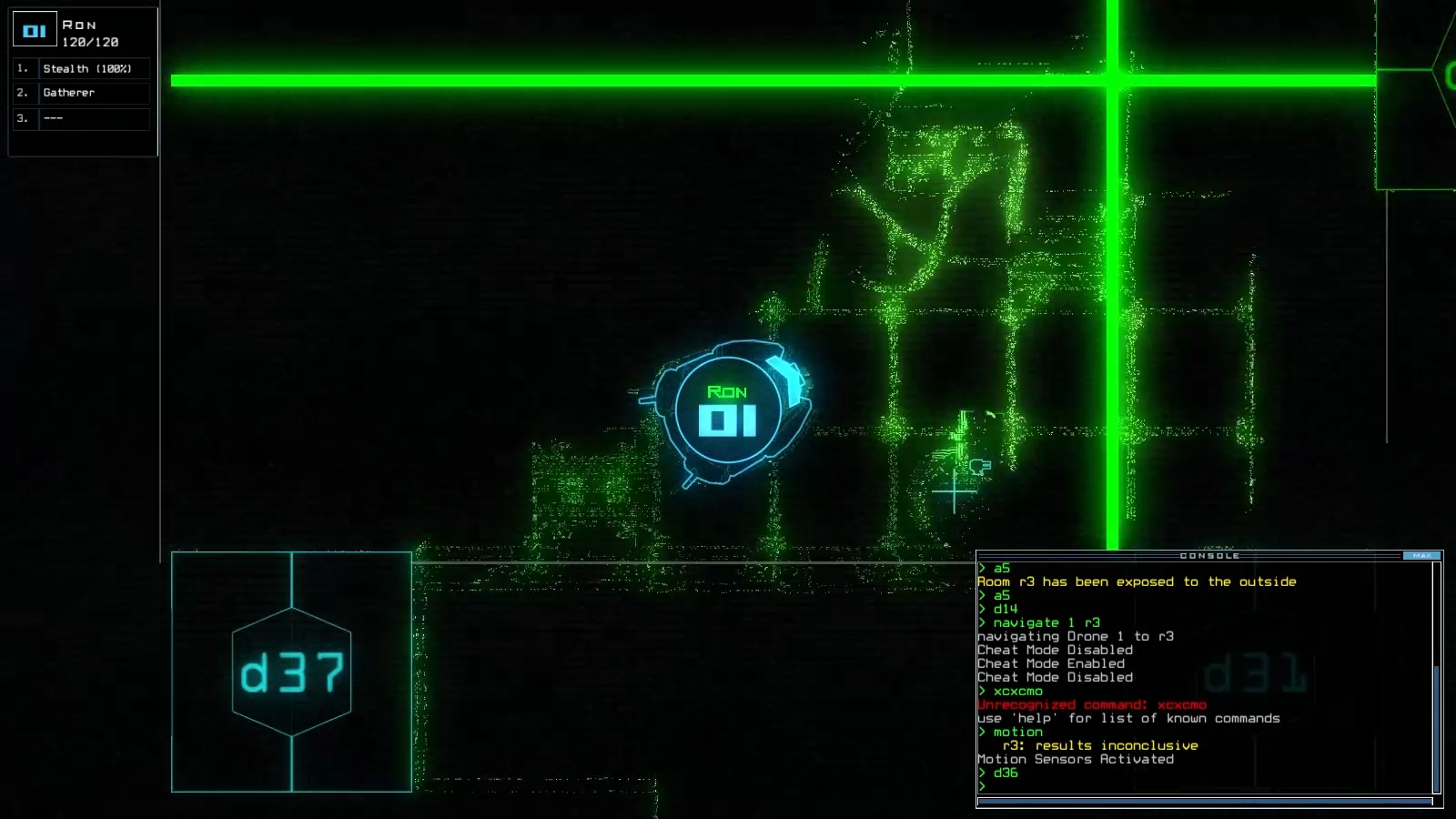
You tap in text commands to control your drones, guiding them through dark, creaking wrecks, some of which are infested with alien creatures. These appear on the screen as a mass of red pixels, and your imagination does the rest. It's remarkable how much you feel like you're on these ships, even with several degrees of separation, viewing it safely from behind a monitor. Duskers' heavy atmosphere, slow pace, and diegetic audio make for a uniquely tense, unnerving horror game—and it's the kind of creative approach to the genre you'd only ever get from indie devs with no one to answer to but themselves.
Stories Untold is an anthology by No Code that presents a series of wonderfully constructed horror stories built around the idea of interacting with archaic computer systems. The first episode, The House Abandon, sees you playing an old parser-based horror text adventure on a tape-loaded computer reminiscent of a ZX Spectrum. As you play, the events in the game start to bleed into the reality around you; a lamp flickers on the desk when the lights go out in the game and distorted voices leak menacingly from a nearby telephone.
As you play, the events in the game start to bleed into the reality around you.
No Code took this concept further in its second game, the sci-fi thriller Observation. Here the system you're interacting with is an entire space station. As an advanced artificial intelligence named SAM, it's your job to help a stranded astronaut get back home—a task made difficult by the strange signals and arcane symbols intruding into your systems. Both of No Code's games are great examples of a developer playing to the strengths of the medium, using interactivity to draw you deeply into the horror and mess with your head in subtle, gnawing ways.
Shortform horror games are also having a moment on PC. Indies are telling imaginative, memorable horror stories with limited resources, in games that are often only minutes long. These stories recall the economical storytelling of Twilight Zone episodes and Richard Matheson short stories. Lean and to the point, they waste nothing, and leave you reeling when you reach the end. Horror loses its potency when it lingers for too long, which makes these brief experiences often more impactful than horror games with drawn-out narratives.
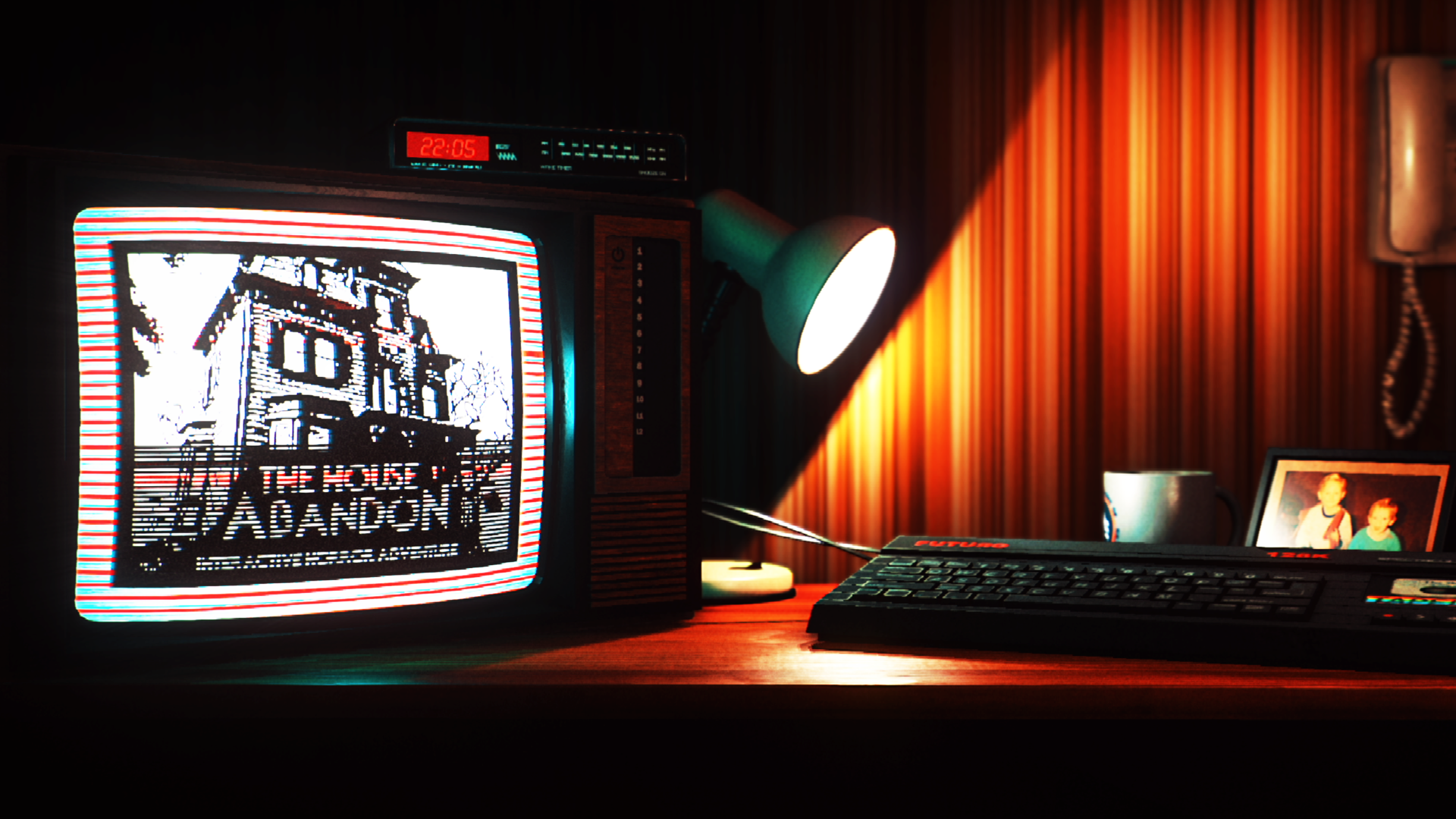
Adam Pype's No Players Online is a wonderfully creepy ghost story set on an empty capture-the-flag server in some forgotten '90s first-person shooter. It's an effective mix of nostalgia and horror, and does a huge amount with very little—a running theme in the new wave of indie horror games. Joshua Roland's Gag is a twisted episode of a fictional sitcom, like Seinfeld meets David Lynch's Rabbits, about an influential comedian abusing his power. It's a very real kind of horror, with a surreal, abstract presentation that is genuinely chilling. And The Convenience Store by Chilla's Art cleverly subverts genre tropes by setting its superbly constructed, incredibly eerie ghost story in a brightly lit shop.
Keep up to date with the most important stories and the best deals, as picked by the PC Gamer team.
Jesse Barksdale's The Static Speaks My Name is a deeply strange and quietly unsettling story about a man obsessing over a painting, set in a low-poly apartment with a dark, oppressive atmosphere that is almost suffocating. Breogán Hackett's Bleakshore is a haunting, evocative narrative game with a stylish lo-fi aesthetic, where you catch fleeting glimpses of a shadowy figure in the corner of your eye—enough to make you wonder if you actually saw anything. And The Black Iris by Jamie Ferguson is a trippy, mind-bending cosmic horror story set in a secret research facility in rural Scotland, with a psychedelic, vividly colourful aesthetic that creates a real sense of claustrophobic dread.
Realising the popularity and potential of shortform horror games, some creators are even banding together to release compilations—including the Dread X Collection and the Haunted PS1 Demo Disc series. These zine-like compendiums of quirky games are full of imagination, and have become a welcome space for indies to experiment with what a horror game can be. Some even grow to become something more elaborate. Spookware, which was featured on Dread X Collection 3, created such a buzz with its addictive, horror-themed WarioWare-style microgames, the developer is releasing it as a full game later this year.
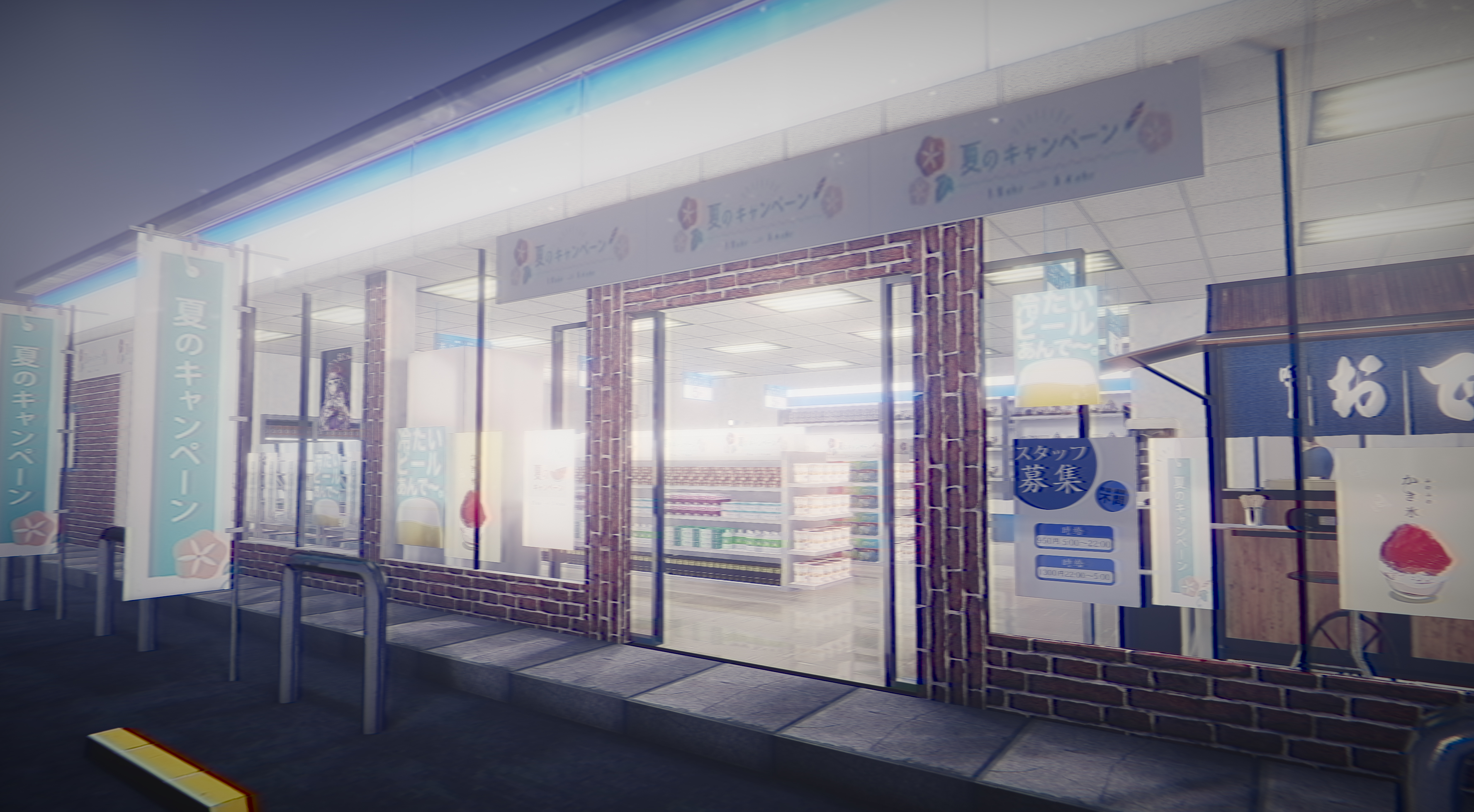
Being freed from the need to appeal to a wide audience also allows indie horror creators to explore themes, settings, and ideas that would be too niche for a mainstream release. This is exemplified by Taiwanese indie Red Candle Games, one of the most exciting developers working in the horror genre today. Its first game, Detention, uses the religion and culture of Taiwan, and some troubled corners of its history, as the basis for its story, bringing a real depth of emotion to the narrative. And follow-up Devotion is just as compelling and moving, telling the intimate story of a tormented family living in '80s Taiwan. A lot of horror games are presented from a Western perspective, which gives games like those created by devs like Red Candle and Japan-based Chilla's Art added value.
In many ways, the path horror games have taken mirrors the current state of horror cinema. You won't see anything truly genre-bending or interesting released by a major Hollywood studio today. But smaller, independent distributors and production companies have been keeping the genre alive with strange, provocative movies larger studios would be less likely to bankroll. Films like Robert Eggers' The Lighthouse or Ben Wheatley's A Field in England appeal to me in the same way many indie horror games do: they're bold, experimental, fearless, and the result of a singular vision. And this appetite for interesting horror cinema is beginning to feed back into games. Mundaun, developed by Hidden Fields, has a lot in common stylistically with Eggers' films, and leans into the folk horror revival led by films like Midsommar and The Witch.
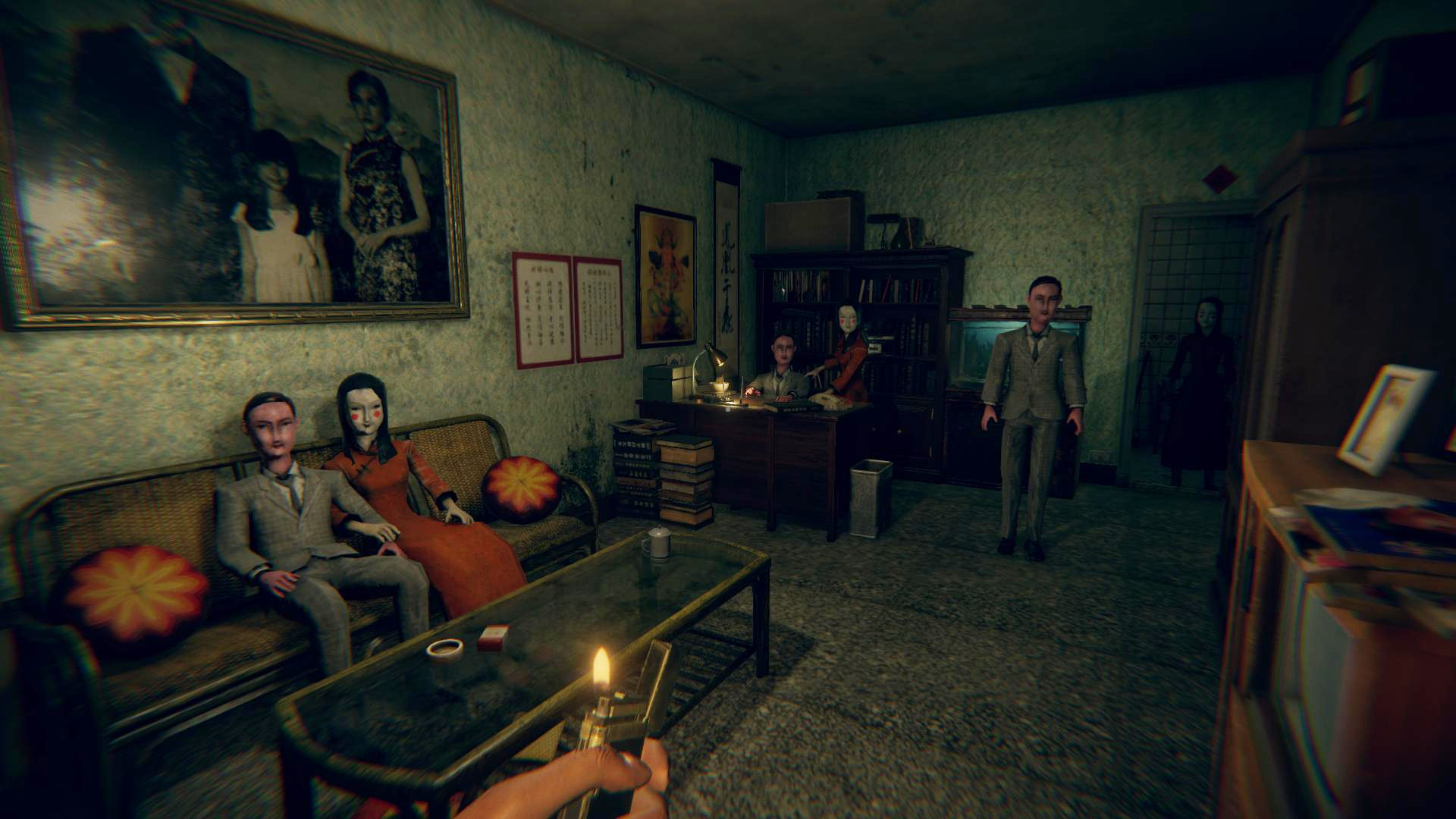
There's just so much great indie horror out there, old and new. The interactive VHS slasher flicks of Puppet Combo, visual novel Doki Doki Literature Club and its legendary rug pull, pretty much anything by Frictional, bizarre adventure games like Strangeland, the multiplayer sensation that is Phasmophobia, character-led teen horror like Oxenfree and its upcoming sequel, and the Giallo strangeness of The Horror of Salazar House. Horror is one of the most creative spaces in the indie scene today, and I'm constantly thrilled by the imaginations of these developers. AAA publishers might not see a future in horror, but I see it every day when I browse the horror tag on Itch.
If it’s set in space, Andy will probably write about it. He loves sci-fi, adventure games, taking screenshots, Twin Peaks, weird sims, Alien: Isolation, and anything with a good story.


